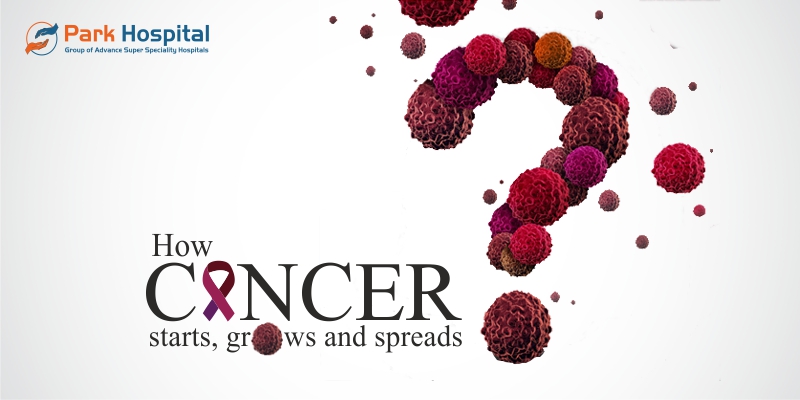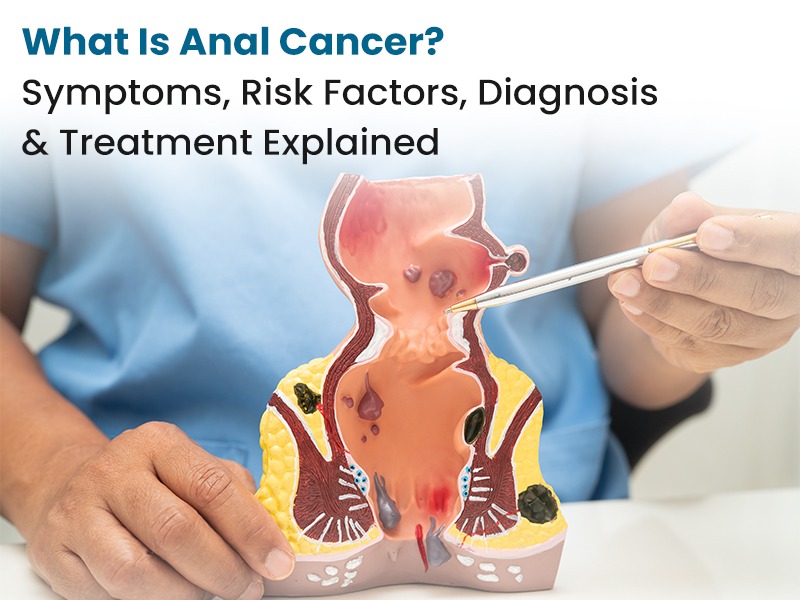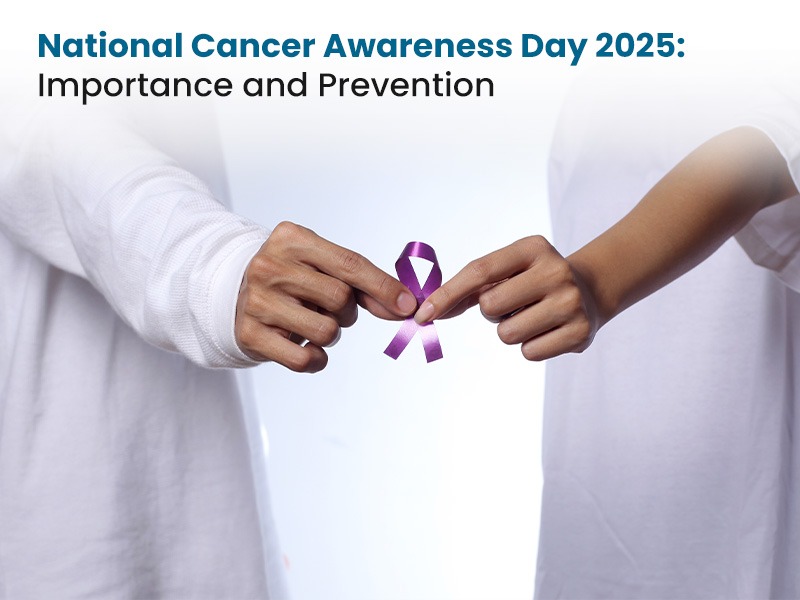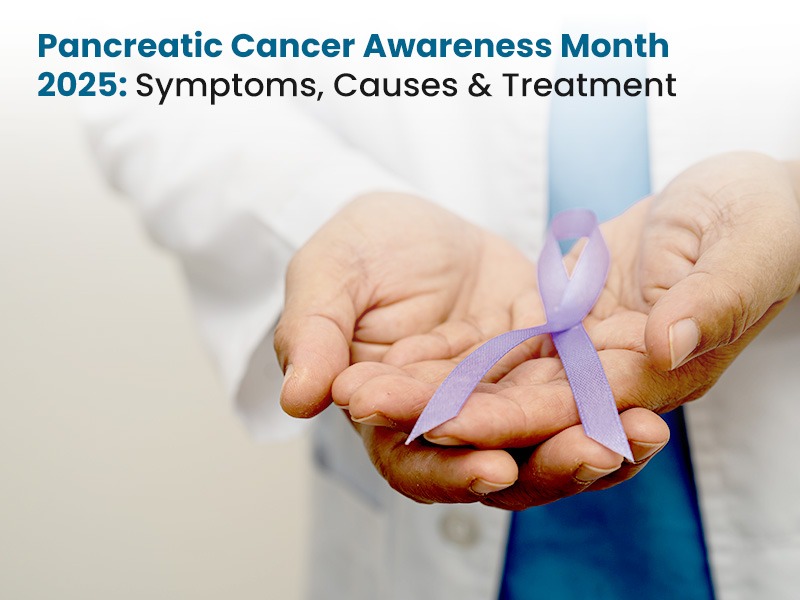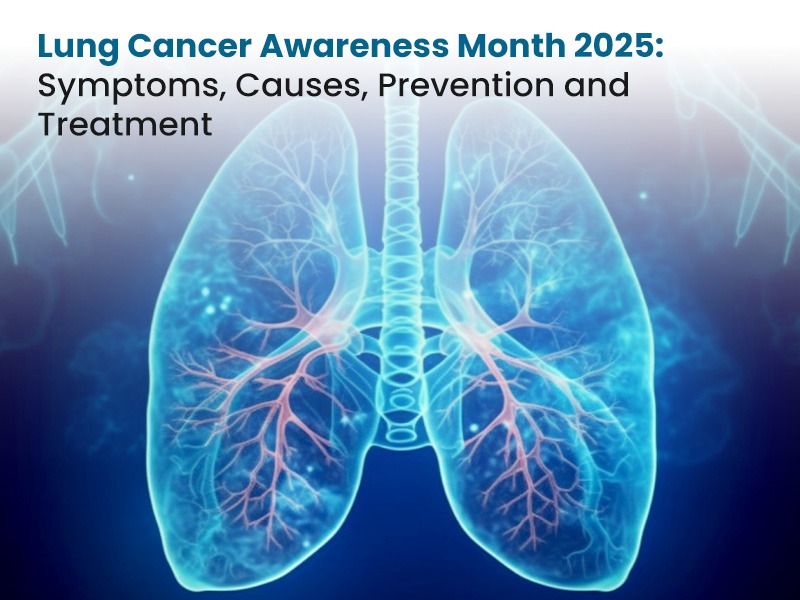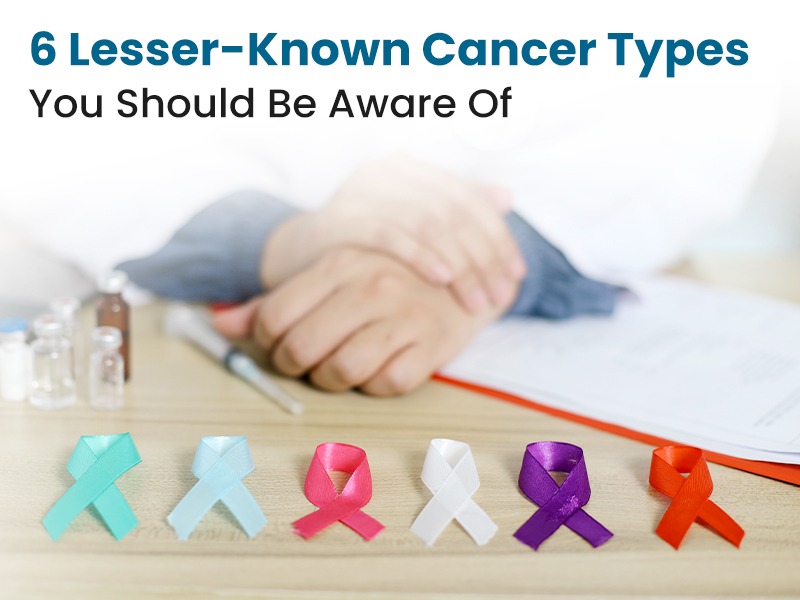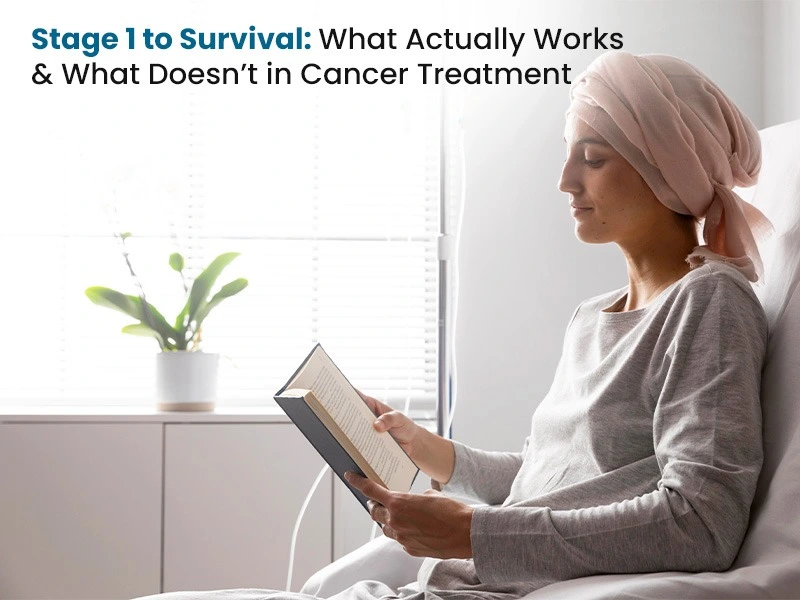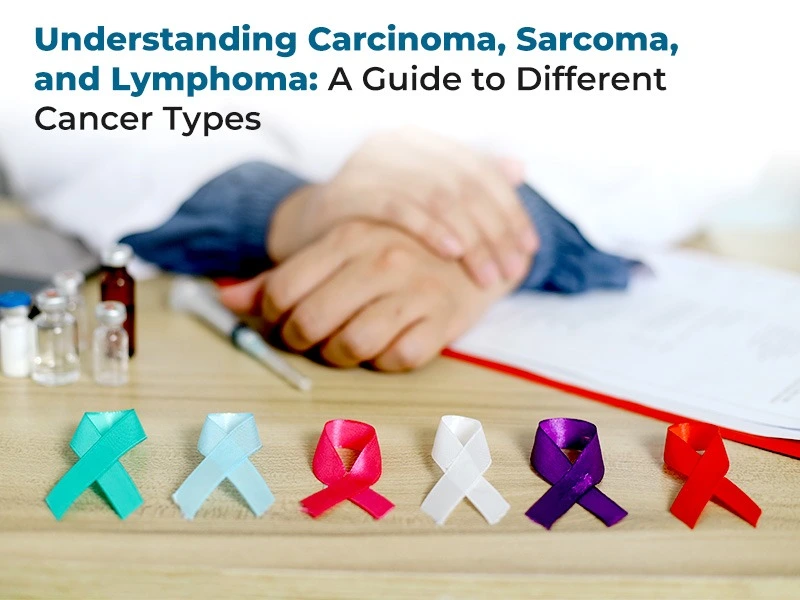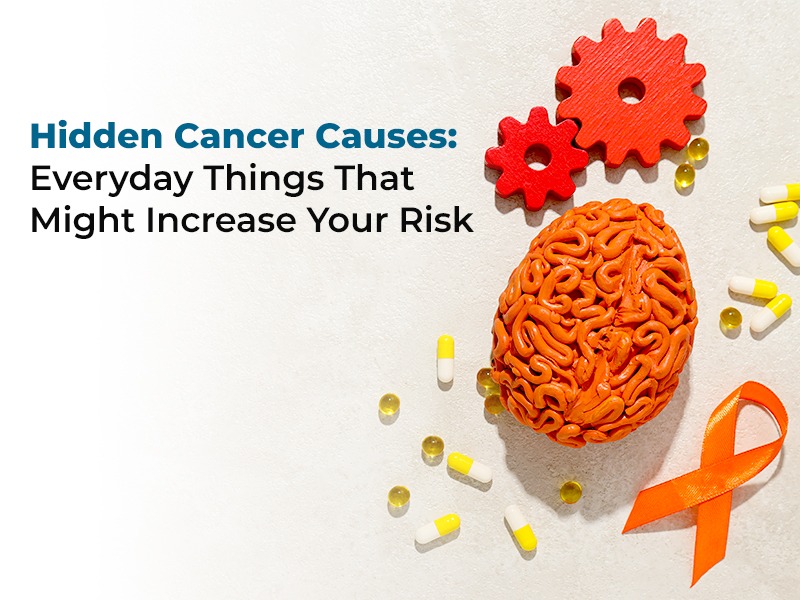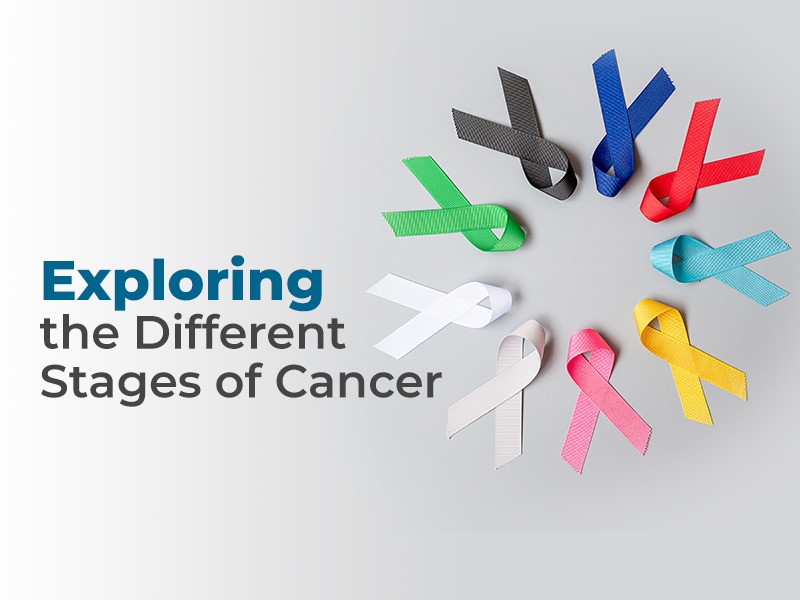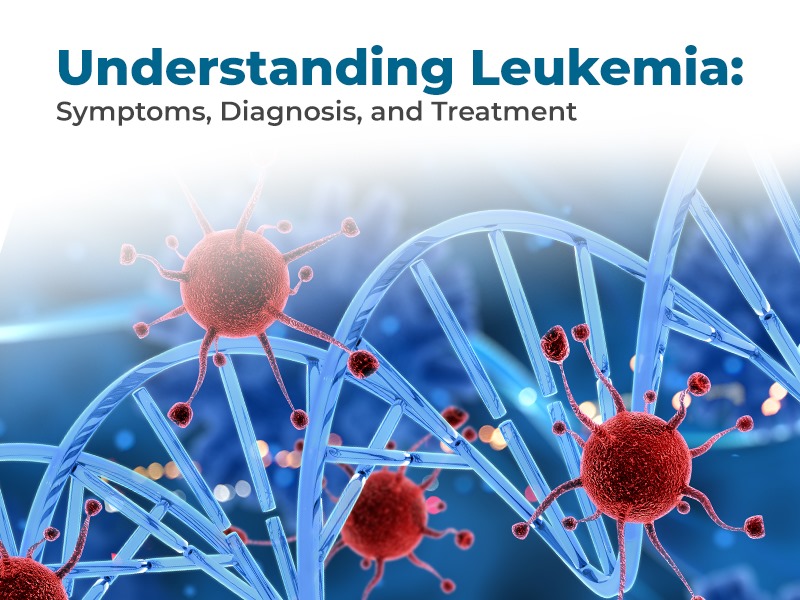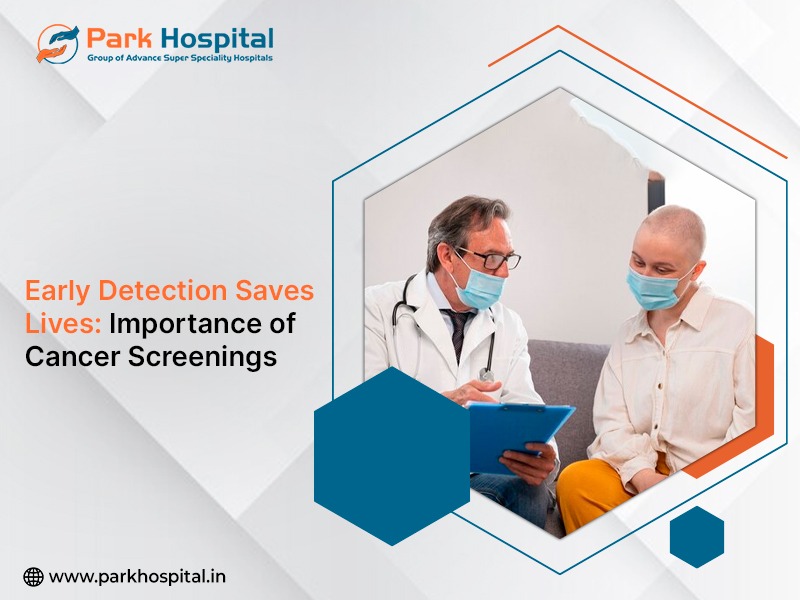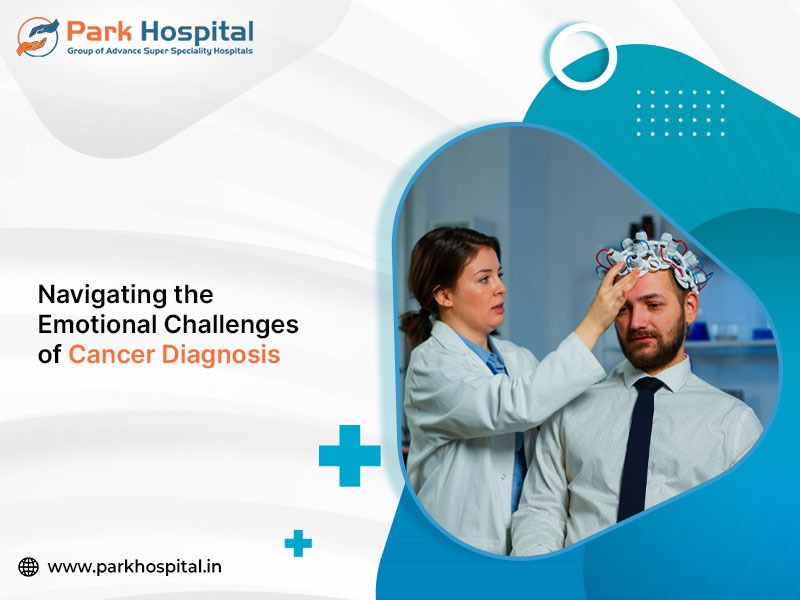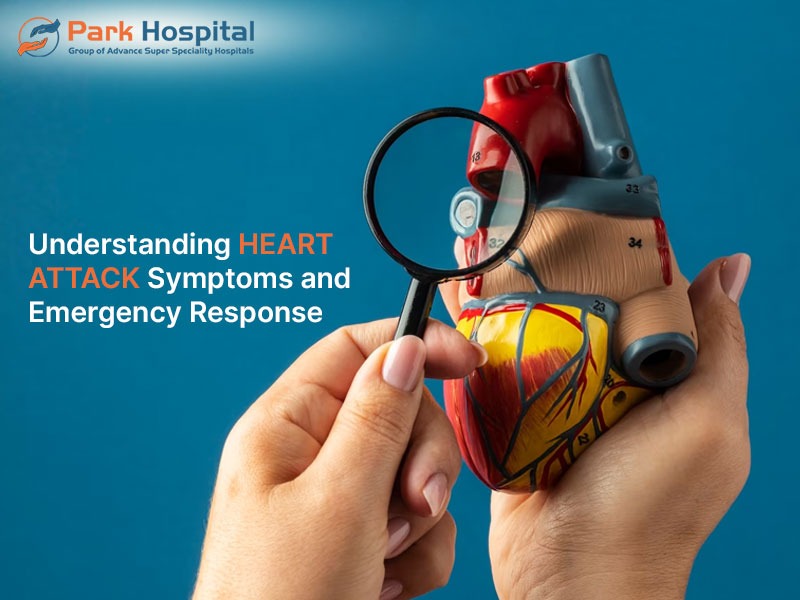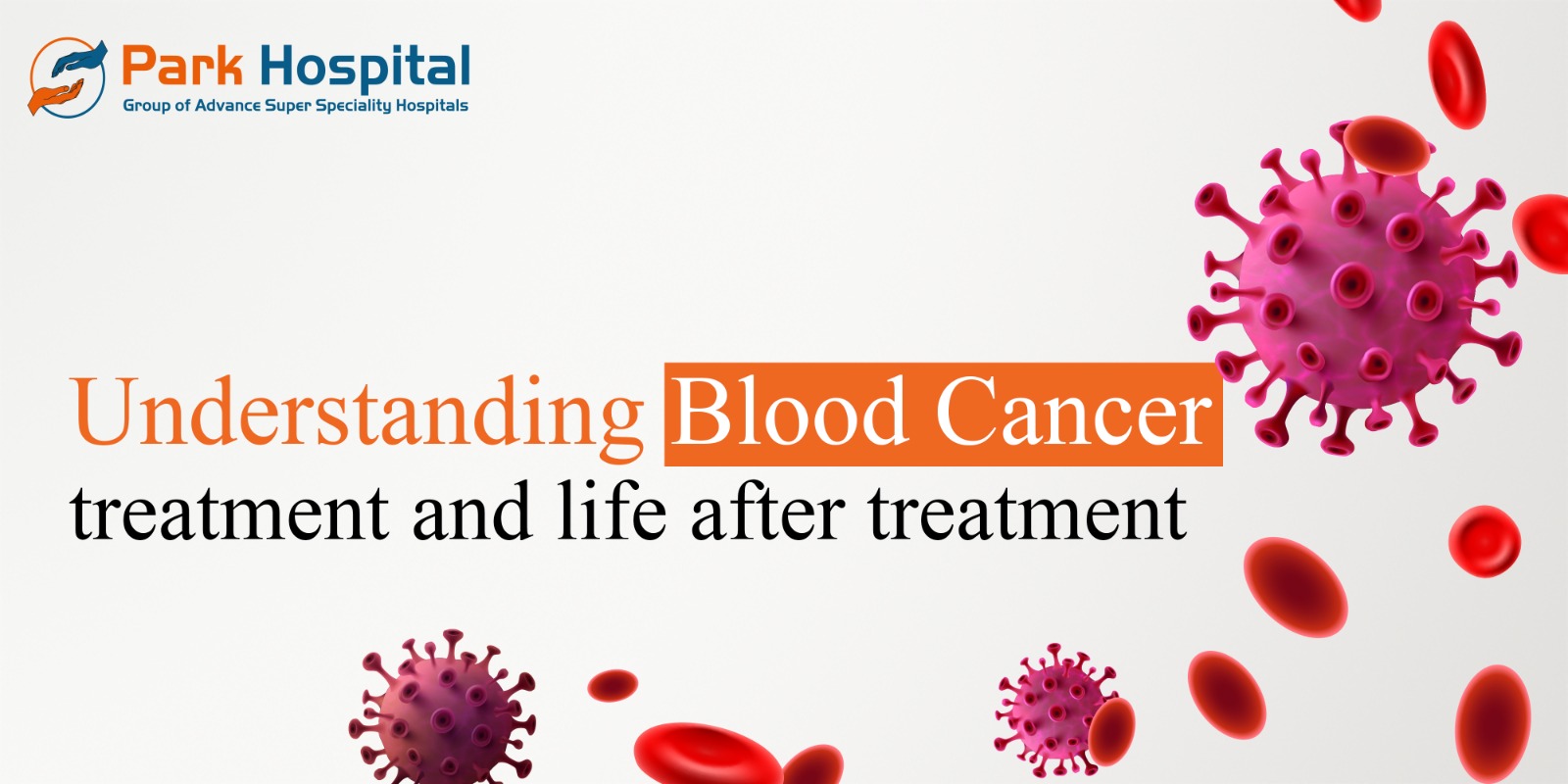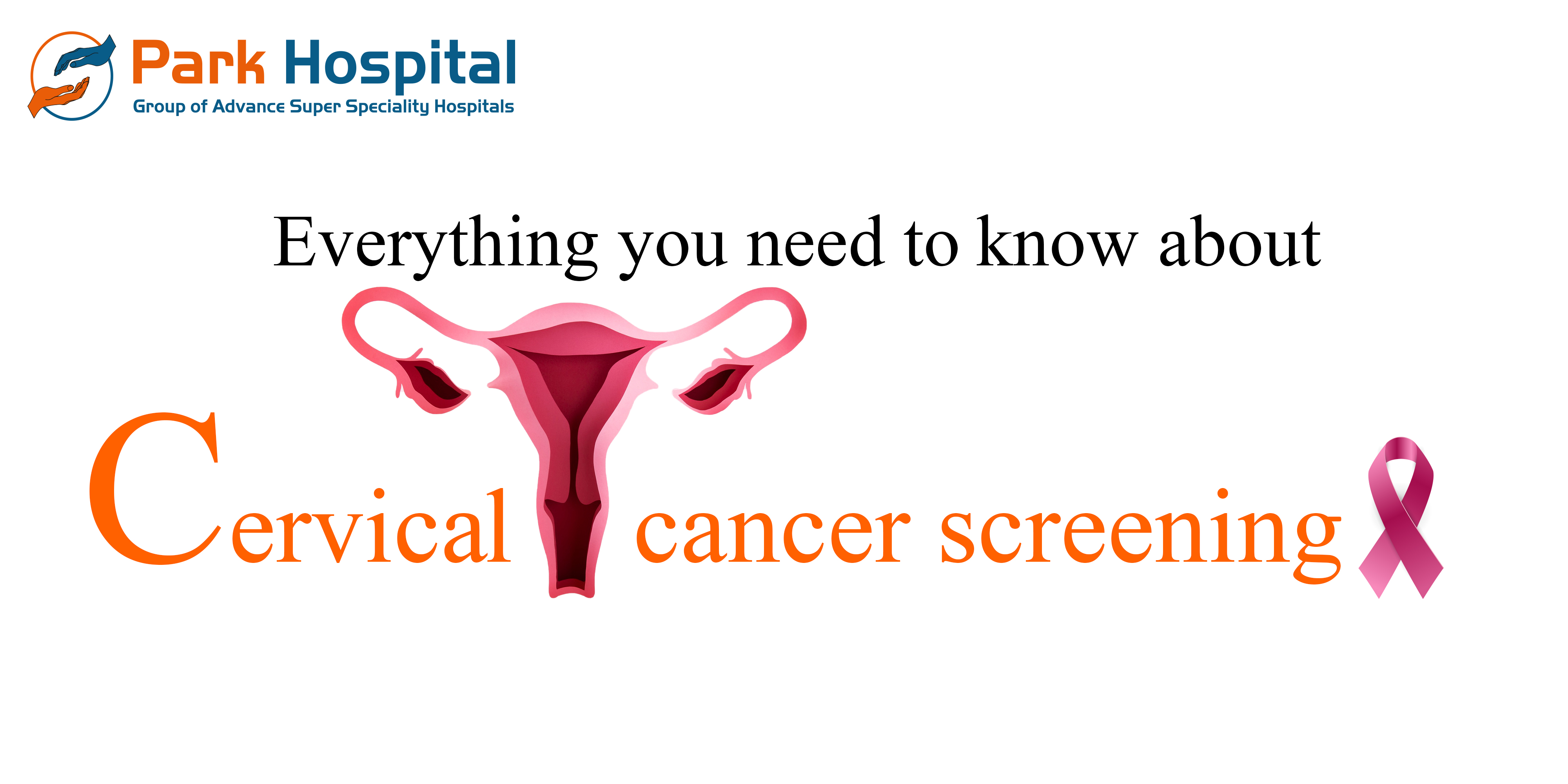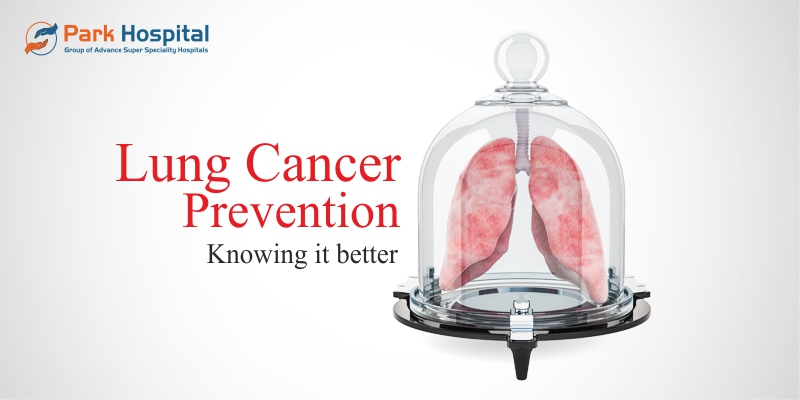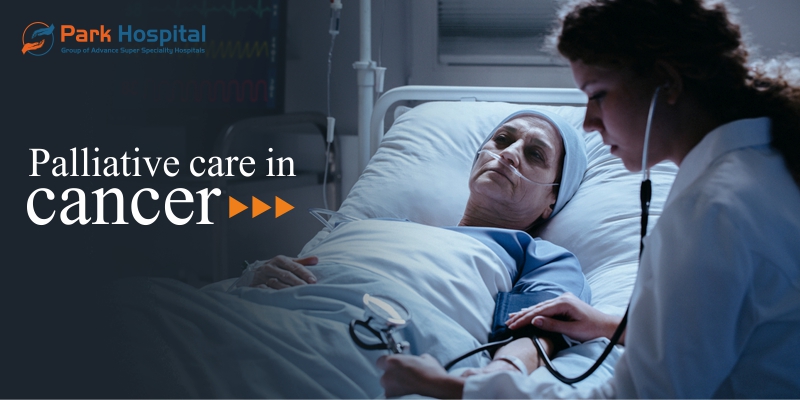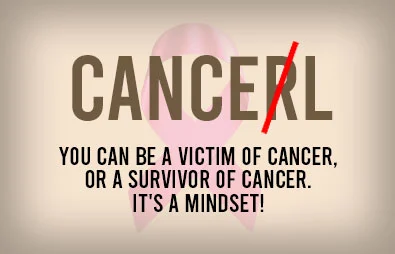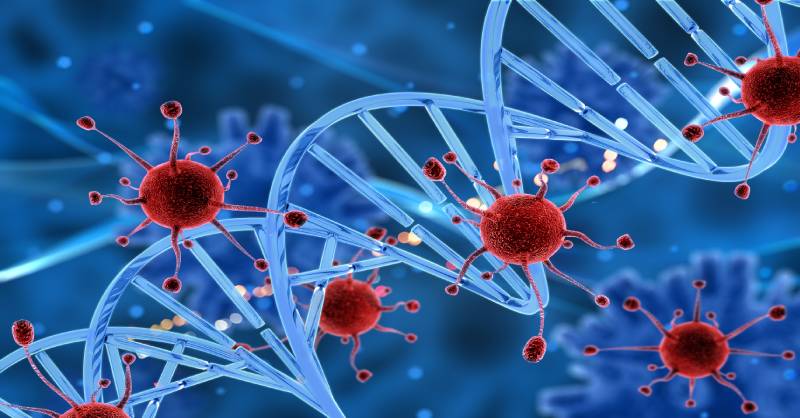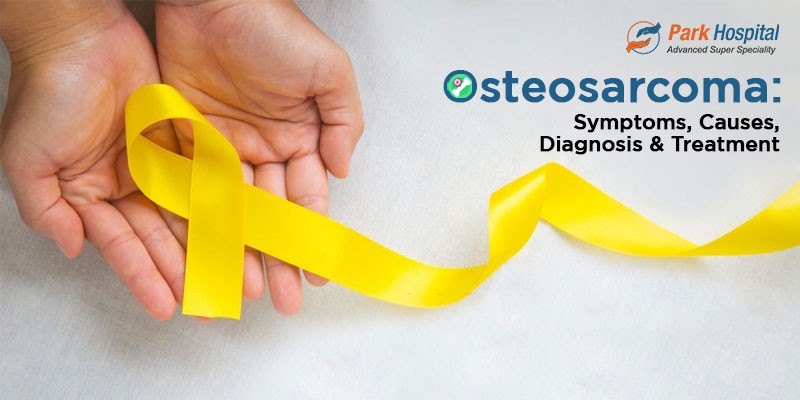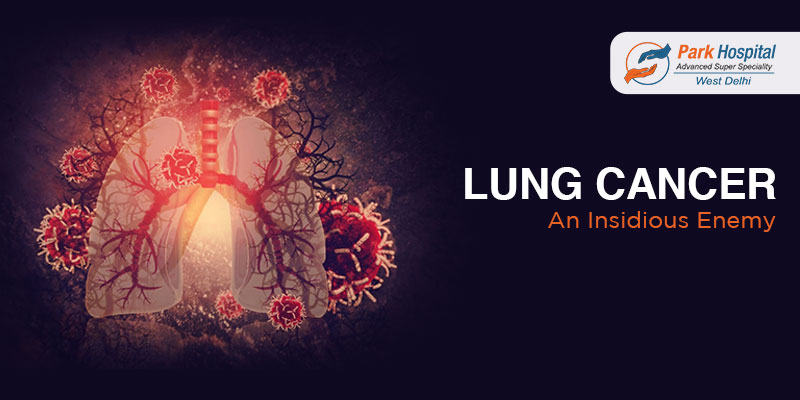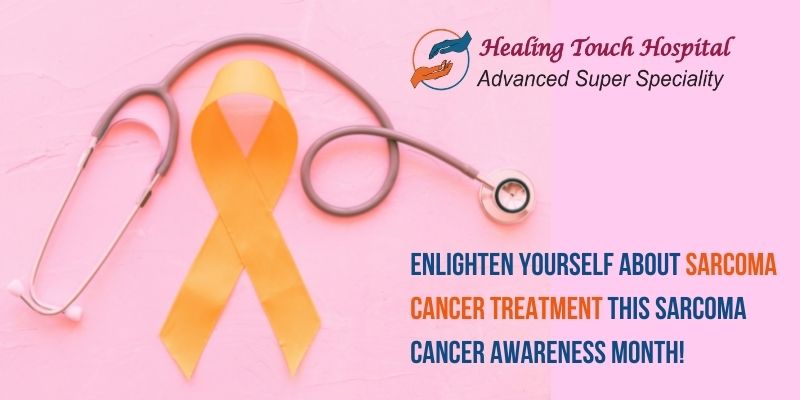What makes Cancer, Cancerous?
The science behind cancer in layman terms
Did you know that 1 in 9 people in India are likely to have cancer once in their lifetimes? The cancer epidemic seems to be inching closer to everyone’s lives. Lung cancer and breast cancer are the most common amongst men and women respectively. A lot may even be known about cancer treatment and cancer surgeries. But you do not need to be a cancer specialist to know how cancer really works. We try to break it down for you in layman terms, the science of cancer.
What is a Cancer cell?
The body is made up of a
gazillion cells. All cells contain DNA that governs how the cells behave - when
to grow, what work to do, when to multiply and when to die. When there is
damage or change to the DNA then a mutation takes place and the cell no longer
behaves like it should. These mutated cells tend to grow and multiply out of
control. These cancer cells do not die like they should, nor do they mature.
This can happen to any cell in any part of the body.
Growing Cancer
Cancer cells, unlike
normal cells, multiply out of control and do not die. They also are able to
hide from the immune system. They remain to be immature cells and thus do not
have any specific job. They do not stick together and easily spread through the
body through the blood and lymph nodes.
So as cells multiply, a
tumor will grow. As the tumor grows, the cancer cells require more blood for
oxygen and nutrients. So the cancer cells signal the tumor to make new blood
vessels. This is called angiogenesis and it is how tumors grow big.
Cancer cells also create
an enzyme that breaks down healthy cells and tissue. This allows it to grow
into healthy tissue and is referred to as invasive cancer. When cancer cells
break away from a tumor and spread to other parts of the body it is called
metastasis. These are some terminology that one may encounter when their cancer
specialist is staging the cancer.
Cancer treatment goals
The goal of any cancer treatment is to kill or remove as many cancer cells with the least damage to healthy normal cells. An oncologist is a doctor that has specialised in the diagnosing, staging and treatment of cancer. As a cancer specialist, the oncologist would draw out the best treatment plan that may involve cancer surgeries along with chemotherapy, immunotherapy, targeted therapy, etc.
Sometimes, even after a treatment, cancer can recur because all it takes is one cancer cell to be left behind. This is why your oncologist will pair more than one treatment to make sure no cancer cell is left behind. Many times one can be ‘cured’ of cancer but an oncologist will refer to it as a remission. This is when no symptoms of cancer can be seen. However, cancer can come back even after years.
The most important step towards cancer care and treatment is moving forward with a great team of cancer specialists. For the best oncology hospital in Delhi, you can consult at the Park Hospitals. As a cancer hospital in Delhi, the Park Hospital deals with numerous cases of different kinds of cancer with a team that are specialised in different treatment approaches. Our cancer hospital in Palam Vihar, Gurgaon is also a state-of-the-art facility that can cater to your treatment with care.
FAQ
What are other locations of Park Hospitals that treat cancer?
The cancer hospital in Karnal
is very well reputed with comprehensive facilities for different and the latest
in cancer treatments. Our cancer specialists in Panipat have helped several
cancer patients manage their condition. If you are looking for a cancer
specialist in Delhi, we have the best oncology hospital in Delhi.

